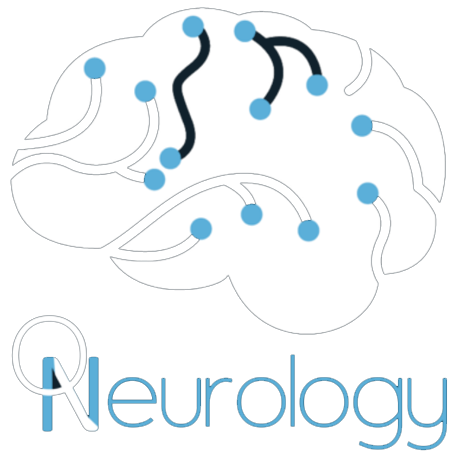Preparing For The Appointment
Please bring all your medications and any scripts. It is extremely helpful to contact your pharmacist and get a list of all your current medications from them. If your medicines are in a webster pack, please bring it along. Kindly, also bring any over the counter (non prescription) medicines too and these include any supplements.

Botulinum toxin
Botulinum toxin is a neurotoxin that helps relax an overly tense muscle by blocking the release of certain chemical substances at the nerve-muscle junction. It is also thought to interfere with the release of pain signals and this principle underlies its effect on migraine. These characteristics of the toxin have been utilised by specialised neurology centres around the world, benefitting hundreds of patients each day.
Depending upon the clinical condition, the toxin is administered by a local injection just under the skin or into the muscle. The procedure may require the guidance of electromyography. The procedure, although associated with mild discomfort, is generally well tolerated. An initial detailed appointment is necessary to ensure the suitability of treatment to the clinical condition. The follow up appointments are short, approximately 20 minutes. The maximum effect of therapy occurs after a few days and repeat injections are needed on periodic basis (generally 3 monthly but the interval may vary depending on your condition and an individual response).
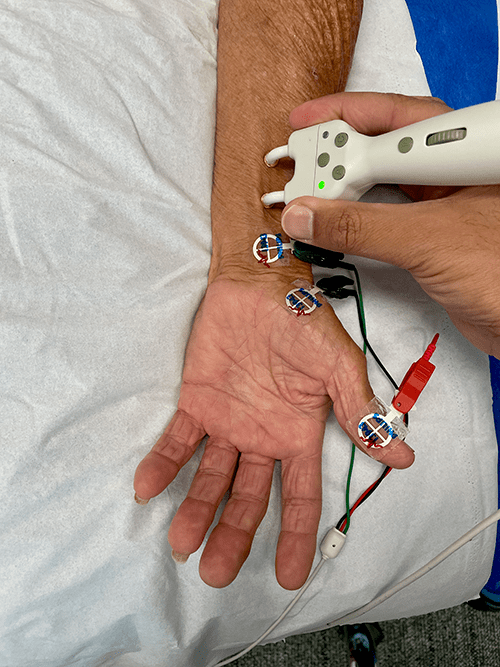
Nerve conduction study (NCS)
This is a commonly done test to diagnose any nerve and/or muscle problems. The term EMG is often used by clinicians to refer to both NCS and EMG together. They are slightly different but are sometimes performed together as part of the same testing during the appointment. We usually perform NCS but, depending on the problem, we may also need an EMG.
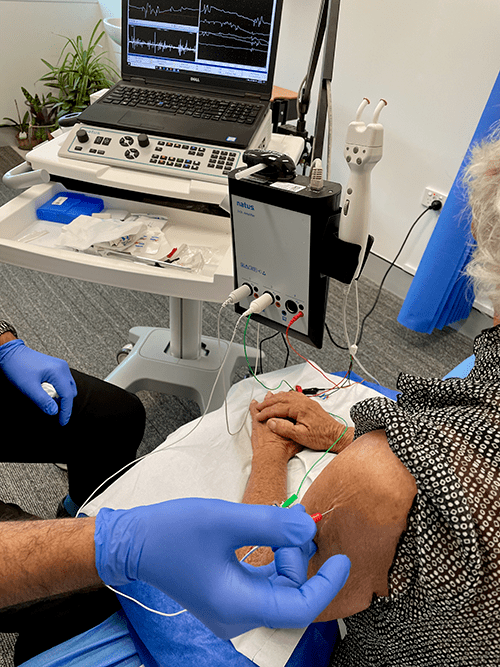
Electromyography (EMG)
In EMG, a fine sterile electrode (like an acupuncture needle) is inserted directly into a muscle. It is like a microphone and records the electrical activity in that muscle. It does not transmit any electrical pulse. EMG can be a little painful and may produce small bruises. If you are taking warfarin or any strong blood thinners (other than Aspirin) or have an increased risk of bleeding, please do inform us and we will restrict our investigation accordingly.
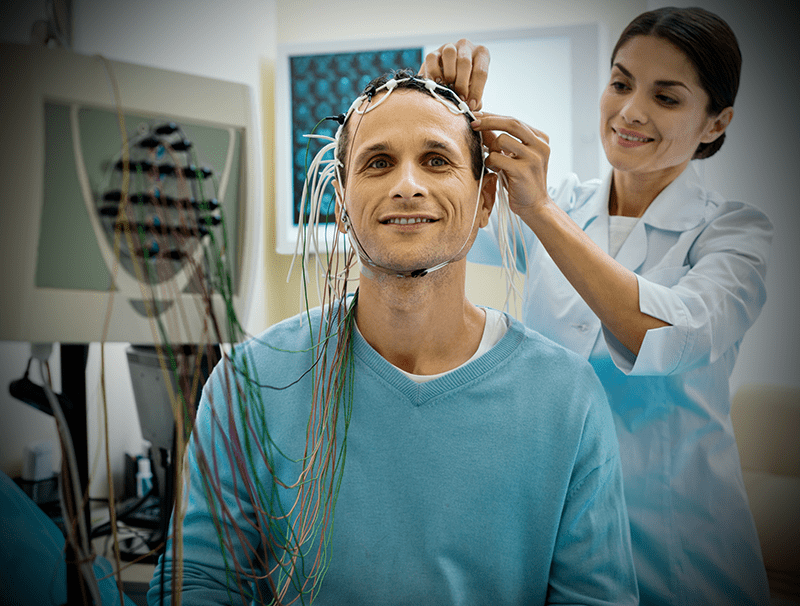
EEG
An EEG is a routine investigation performed on all age groups of patients to help in the diagnosis of many disorders of the brain. An EEG records the electrical activity that your brain produces while sending and receiving messages to and from your body.
A sleep deprived EEG may be requested in some instances. It involves staying awake all the night before the test, preferably without the help of beverages containing caffeine. It is hoped that by staying awake, a patient goes to sleep during the test. This increases the yield of capturing any abnormal waveforms signifying underlying seizure predisposition. When sleep deprived, some types of seizures are more likely to occur.
The investigation will be carried out by a scientist who will explain every step of the procedure as they progress and will take about 30 minutes.
There may be some manoeuvres during the test e.g., observing flashing lights or taking deep breaths.
Occasionally, a patient may need prolonged monitoring, for example, for 3 days. There is no gap for this service.
We shall send you further detailed information once your appointment is confirmed.
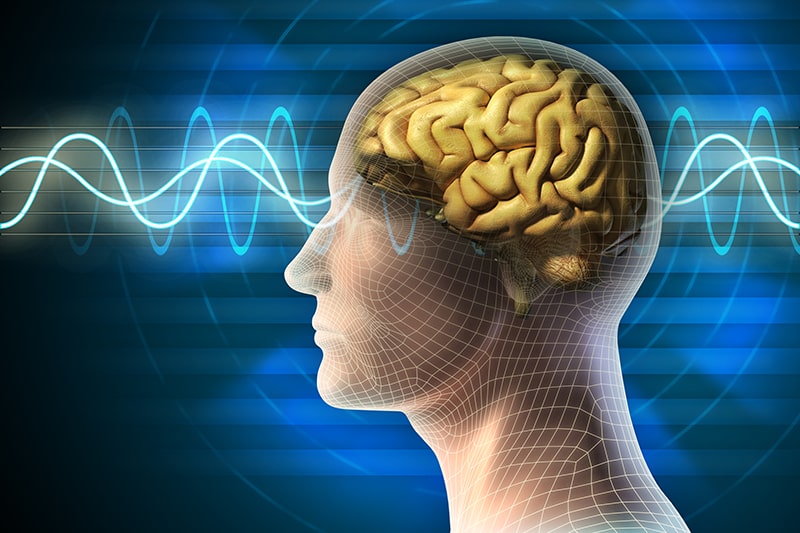
Assessment For Seizures
If your family members can capture an event on a camera and bring it along, it can be a very valuable piece of information. Driving restriction in case of seizures must be discussed by the referrer. In most cases of a seizures, the driving restriction for private standard vehicles is, at least, 6 months. Commercial driving guidelines differ and can be much longer. These are the regulations are implemented by the Department of Transport and Main Roads. For patients with known epilepsy, seizure diary can prove vital in management.
Driving restrictions may apply in various medical conditions and is often a consideration in neurological disorders especially epilepsy. Assessment is made according to a condition and is communicated to patients’ General Practitioners who are then able to do a certificate accordingly (taking into consideration any other medical issues and, if applicable, advice of patients’ other specialists). You can read further information here.
Headache Assessment
Headache can be caused by a number of factors and often it is contributed by many. The most common being, of course, migraine. For an adequate assessment, one of the most helpful things is a meticulously done headache diary. You may be requested to maintain a headache diary prior to your appointment and most likely on an ongoing basis. There are number of iOS and Android based apps that can be used for this purpose too.

Movement disorders (tremors/Parkinson’s disease)
We often acquire information in the form of video and keep it in electronically in a secure manner. This is to get a baseline and comparison going forwards. If you and/or your family or friends have captured anything on a camera, please do bring it along (movements while distracted or sleeping).

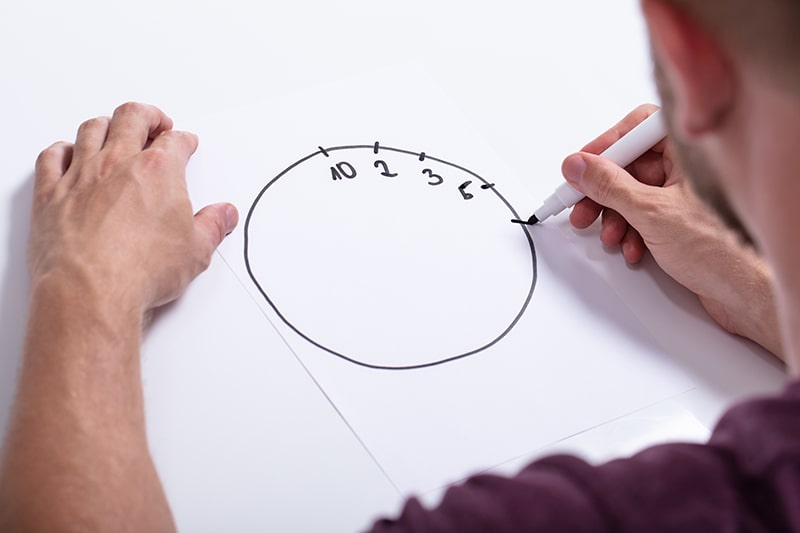
Cognitive Assessment
We look after patients with various dementia disorders. The care starts with initial assessment involving a detailed history followed by appropriate but often extensive investigations including brain scan. We may need you and your partner/next of kin/close family member to fill in a questionnaire. It really helps if the close family member/spouse/friend with the most information about the concerns is able to either accompany you is available to participate in the consult on phone. You and/or your accompanying loved ones could bring in written examples of moments of concern. The consultation may include testing on a cognitive scale. Please bring your reading glasses with you. Information about your family history of cognitive disorders and any details can be very valuable. We may need to refer you for further neuropsychological assessment too.
